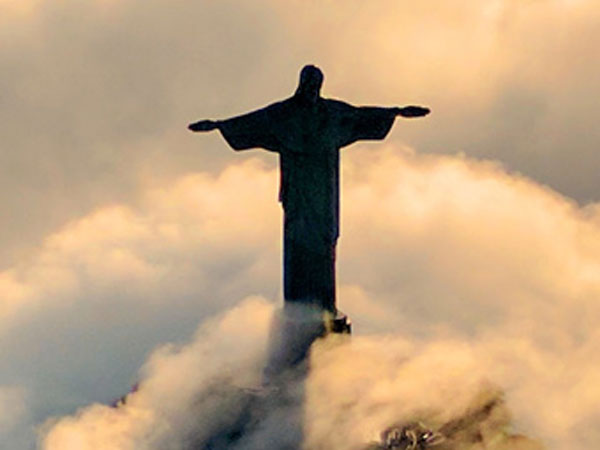GUIDE: Planera och maximera din semester med hjälp av röda dagar 2025
| Month | Working days | Working hours | Sat & Sun. | Others |
|---|---|---|---|---|
| January | 22 | 176 | 8 | 1 |
| February | 20 | 160 | 8 | 0 |
| March | 21 | 168 | 10 | 0 |
| April | 20 | 160 | 8 | 2 |
| May | 20 | 160 | 9 | 2 |
| June | 18 | 144 | 9 | 3 |
| July | 23 | 184 | 8 | 0 |
| August | 21 | 168 | 10 | 0 |
| September | 22 | 176 | 8 | 0 |
| October | 23 | 184 | 8 | 0 |
| November | 20 | 160 | 10 | 0 |
| December | 21 | 168 | 8 | 2 |
| Total annual working hours | 251 | 2008 | 104 | 12 |
| Average / Month | 21 | 167 | 8.67 | 0.83 |
New Year's Day and Thirteenth Day of Christmas

New Year's Day and Thirteenth Day of Christmas
That four New Year's Day and the thirteenth day is a matter of course for very many people. But its cultural and historical origins are not always completely obvious. Although they have origins that do not necessarily have to do with each other, they form a basic framework in how we both end and meet the new year.
We have taken a closer look at the thirteenth day of Christmas and New Year's Day.
Epiphany
The thirteenth day of Christmas got its name because it takes place on the thirteenth day after Christmas. Thus, it usually occurs on January 6th. In addition to being one of the church's most important festivals, it is also a holiday in many countries. The day intends to celebrate the day when it was revealed that Jesus was the Son of God.
How is the thirteenth day of Christmas celebrated?
-
In Sweden, the day often goes unnoticed. But many other countries have a position that corresponds to our Christmas Eve, with gifts and socializing.
-
Many in Sweden have recently chosen to celebrate the day with good food.
Although the thirteenth day often takes place without special celebration, it is an important Christian holiday that is part of our common cultural heritage.
New Year's Day
New Year's Day is the day to mark the definitive start of a new year. It takes place on January 1 and is thus the first calendar day of the year. It is a holiday in most countries around the world and has paradoxically been given the status of being the day to clean up the mess from the New Year celebrations.
What is unique about New Year's Day is that it is a result of pre-Christian traditions combined with Roman and Christian elements. Therefore, it is a holiday that in a way has no really concrete common thread. But despite this, it continues to be a holiday that consists of both cleaning and a rapture that a new year has begun.
Ascension Day
 Ascension Day
Ascension Day
Ascension Day is a very significant day in Christianity. It is also a public holiday in a large number of countries, but how it is actually celebrated differs in several respects. In Sweden, it has a long history that in many ways also connects with pre-Christian times.
Here is some information about the day of Christ's ascension and what characterizes it in our modern times.
Christian and at the same time pre-Christian
Ascension Day is a Christian holiday that aims to mark the day when Jesus left earthly life for heaven. It always takes place on the 40th day after Easter. As this is always a Thursday, the day has sometimes been referred to as Holy Thursday.
How it is celebrated varies greatly depending on the extent to which a country has become secularized. The more traditional celebration of the ascension of Christ includes a service and a visit to the cemetery where loved ones are.
What gives it a special position in Sweden in particular is that Ascension Day also coincides with the day when farmers release the cows on pasture. Therefore, the day is historically also known as the day of grazing release / cow release. This means that culturally it also has an anchorage in the peasant society whose history is in many ways older than the history of Christianity in Sweden.
Holiday that few actually celebrate
In many cases, Ascension Day coincides with Sweden's National Day in such a way that together they form a particularly long weekend. Therefore, Ascension Day sometimes becomes part of Sweden's longest weekend period.
Despite its status as a public holiday, it is relatively unusual in Sweden to celebrate Ascension Day. It is still mainly the Christians and believers who to some extent pay attention to the day. But the celebration has increased, and many predict that it will soon be a bigger phenomenon than it has been before.
